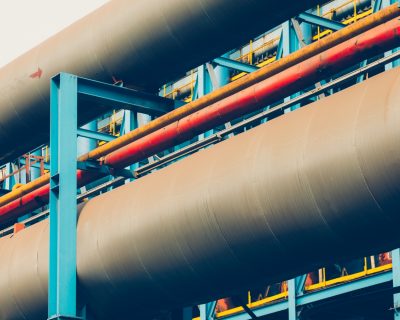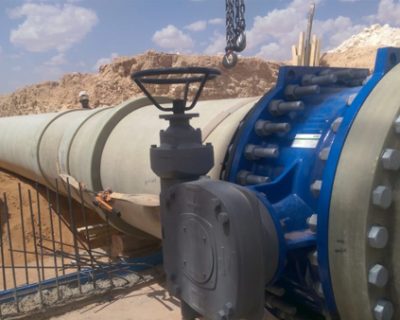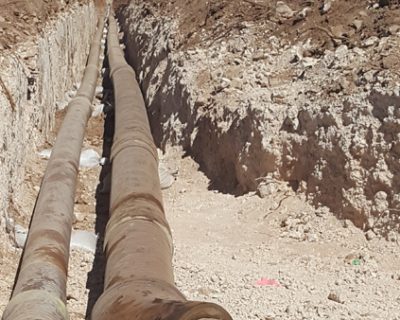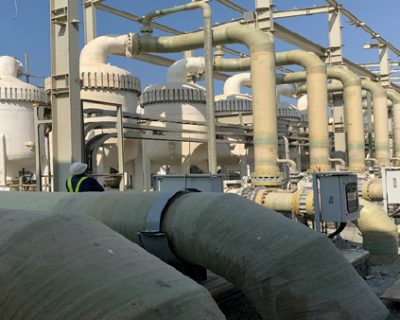Blog
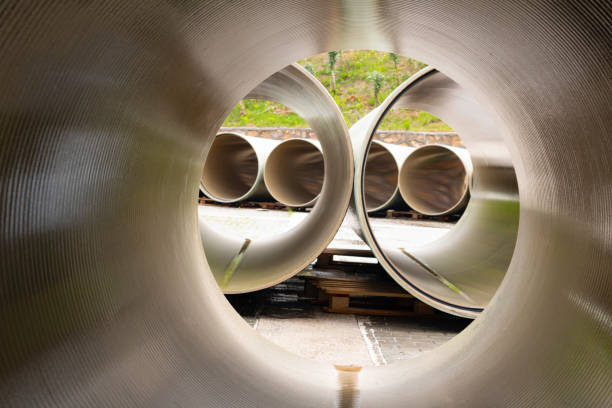
PVC and GRP pipes – a comparison
For more than 60 years, PVC piping has been extensively employed in the municipal market, first in smaller diameters and today in capacities up to 60 inches. Manufacturers have also created a variety of appropriate fittings and maintenance facilities. FRP pipe, which has benefits like light weight and corrosion resistance, has emerged as a new star in recent years.
A composite reinforced by glass fiber with an unsaturated polyester, epoxy resin, or phenolic resin matrix is known as glass fiber reinforced plastic (FRP), sometimes known as GRP. Glass fiber reinforced plastics are reinforced polymers that use glass fiber or its byproducts as reinforcement materials. There are three types of FRP: polyester, epoxy, and phenolic due to the various types of resins utilized. FRP has a number of benefits, including being lightweight and tough, non-conductive, having a high mechanical strength, and being corrosion resistant. It can be used in place of steel to make things like ship and car hulls and machine parts.
Polyvinyl chloride, sometimes known as PVC, is a chemical substance. The most commonly used definition of PVC is polyvinyl chloride, which refers to a non-crystalline substance. One of the most popular plastic materials is rigid PVC.
Difference between PVC and GRP Pipes
The first type is the least expensive plastic, polyvinyl chloride, which is primarily used for plates and water pipes. It has a distinct fragrance, is neither strong nor hard, and can melt when heated. PVC is a superior material to use for inside décor because it has a very major problem with age resistance in outside environments. The main benefits of PVC are its affordability, ease of installation, and portability. However, it has a short lifespan and is easily damaged.
When compared to PVC materials, GRP is stronger and harder. PVC, on the other hand, offers a long lifespan that requires little maintenance, as well as quick installation and easy transportation to reduce the cost of construction. Additionally, GRP Pipes has strong corrosion resistance capabilities and is frequently used in water treatment facilities, cooling towers, and chemical factories to withstand harsh corrosion environments.


